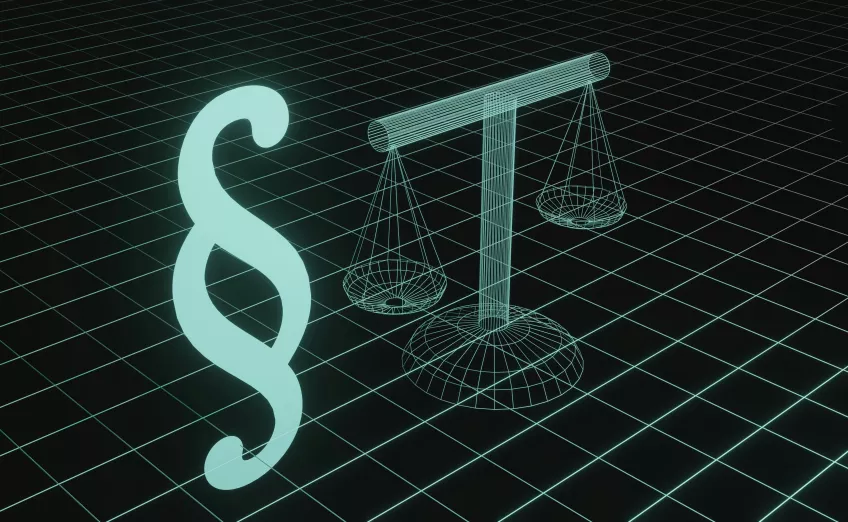DigiJustice: Rethinking Digital Inequalities and Human Rights in the Age of AI
THEME 2024-2025
The past century has witnessed technological advancements ranging from heavy machinery to computers to AI and Internet of Things. These developments have brought innovation to humanity, but also created new threats to human rights. This Theme will challenge technological determinism and the digital imperative and explore how human rights and social justice need to be rethought to address new vulnerabilities in the digital age.
The digital transformation of our world and the use of digital technologies affect economic, social, political, and cultural interactions in most areas of life. It comes with potential for development, innovation, and collective action, but also with risks to our integrity, privacy, and democratic values.
The benefits and risks of digital technology are unevenly distributed, but the challenge is not merely a matter of equalizing access to technology or digital inclusion. New kinds of vulnerabilities emerge out of the technology itself. Digital inequalities and vulnerabilities to AI-systems therefore need to be addressed as a matter of social justice and human rights.
Combining philosophy of technology and social ontology with theories of social justice and human rights, and with a critical understanding of “smart” technology as solution to “flawed” human conditions, the Theme aims to develop new conceptual vocabularies for justice in digital societies. The researchers within the Theme will analyze blind-spots in the legal protection, the role of social norms in relation to AI-systems, new vulnerabilities, and the potential for integrating marginalised perspectives in technology development.
Creative meetings between research and artistic expression
The blurring of boundaries between humans and technology is no longer just a transhumanist vision; it has become part of the entrepreneurial world and everyday culture. How do we as humans relate to digital technology and how are we affected by it in different circumstances and walks of life? These questions will be explored in a collaboration between DigiJustice and Lund University’s centre for creative meetings between research and art, Medvetenskapens hus.


